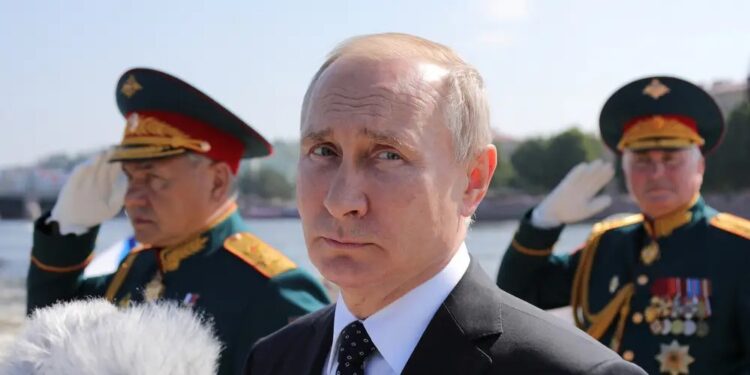- Wages in Russia are soaring thanks to the nation’s war with Ukraine.
- Compensation across private industries rose as much as 20% last year, Bloomberg reported.
- Moscow is suffering from a severe worker shortage, with a record 2.3 million workers needed
A severe shortage of workers in Russia means the private sector is beefing up compensation to attract talent — and competing directly with the military for manpower.
Engineers, machine operators, drivers, welders, and similar types of workers can now find equivalent or even better pay working for private companies than for the Russian government. Wages in the private sector rose by 8% to 20% in Russia last year, according to data from the Russian recruitment agency Superjob cited by Bloomberg.
That puts Russia’s military in a tough position competing with the private sector. Salaries for military servicemen rose 10.5% last summer, far short of the heftiest private-sector pay increases.
In its war effort, Russia mostly relies on volunteers to fight its war in Ukraine. Junior ranking positions in Russia’s army make about 210,000 rubles, or $2,367 a month.
That’s nearly three times the national average salary in Russia, according to the UK Ministry of Defence — though higher wages elsewhere seem to be making military pay less attractive.
“It is highly likely that the salary and additional benefits are a strong incentive for personnel to join up, especially to those from the poorer areas of Russia. However, Russia is still unlikely to meet its targets for recruiting volunteers to the ranks,” the UK Ministry of Defence said in an August report.
As of December, Moscow needed a record 2.3 million workers to fill available jobs in the country, though the nation’s unemployment rate hovered near a historic low of 2.9%, according to data from the Russian government.
The shortage of labor is so bad that Russia has even returned to the Soviet practice of using prison labor to prop up ailing industries. Moscow pulled an estimated 19.1 billion rubles, or $204 million, from forced prison labor in 2022, the Moscow Times reported.
Source: I N S I D E R



Recent Comments